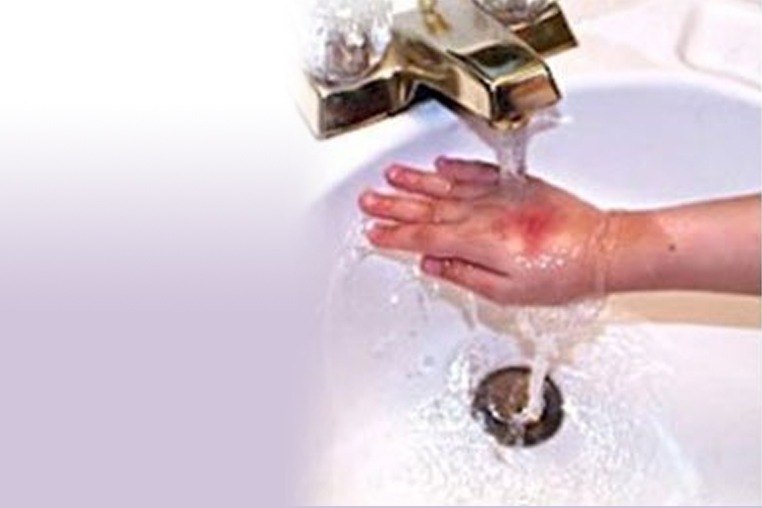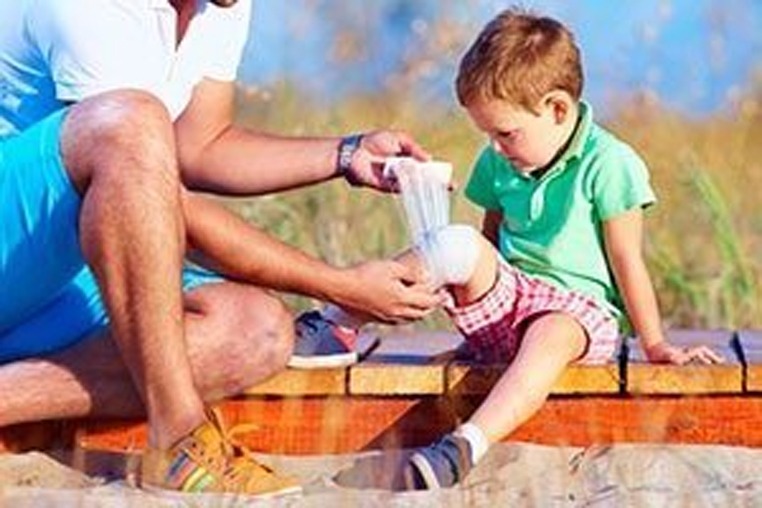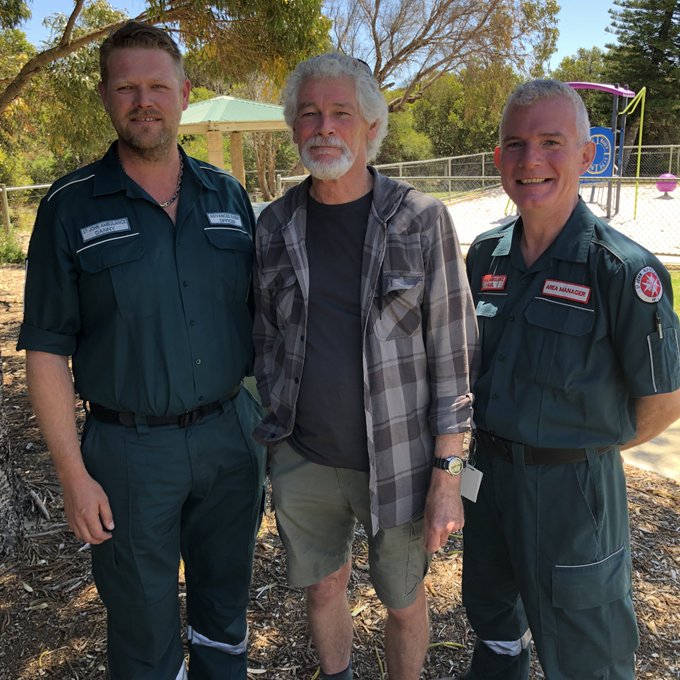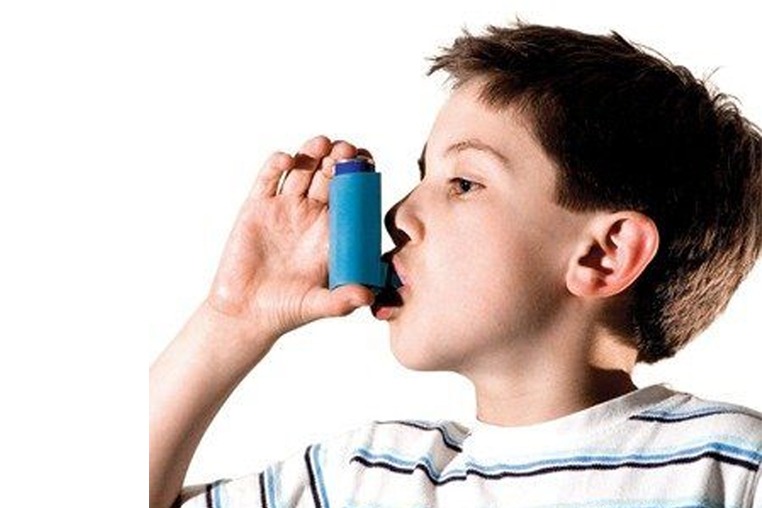Two teenagers have been rushed to hospital after they were both stung by the deadly Irukandji jellyfish while swimming at Fraser Island.
news.com.au DECEMBER 29, 2018 12:55PM
Warnings to Queenslanders after Irukandji jellyfish stings
Two teenagers have been rushed to hospital by helicopter after they were stung by deadly Irukandji jellyfish in waters off Fraser Island in Queensland yesterday.
A 13-year-old boy and 14-year-old girl were taken to Hervey Bay Hospital by the RACQ Lifeflight helicopter in a stable condition.
It’s understood the teens were on a boat with family just off the coast of the island when they were stung.
Emergency services were called to their boat off the island’s western coast. Two other people in their group with suspected stings were treated at the scene.
RACQLifeFlightRescue @RACQ_LifeFlight
Quick turn-around back to Fraser Island for the # RACQ
LifeFlight Rescue helicopter. Reports multiple people suffering suspected marine stings.
6:58 PM – Dec 28, 2018
Twitter Ads info and privacy
See RACQLifeFlightRescue’s other Tweets
Queensland Ambulance
✔ @QldAmbulance
# FraserIsland
– Paramedics and emergency services, including the rescue helicopter, are responding to reports of several people from one vessel stung by suspected Irukandji jelly fish in the waters off of Fraser Island.2
6:56 PM – Dec 28, 2018
Twitter Ads info and privacy
The four victims come a week after three different swimmers were stung by irukandji at Fraser Island in separate incidents.
Surf lifesavers swept the waters surrounding the island just before Christmas after a nine-year-old boy was stung however the warm water has caused irukandji populations to explode.
Irukandji jellyfish may be elusive during far north Queensland’s big wet but they’re set to come back in big numbers when the sun comes out.
After they forced the closure of two northern Queensland beaches last weekend, including Ellis Beach near Cairns when a teenage girl was hospitalised with stings to her upper body, no irukandji have been spotted in swimming areas since.
One of the world’s deadliest creatures, the jellyfish prefer calm, warm waters and tend to stay away during heavy rainfall, with some far north areas receiving up to 200mm since Boxing Day.
But the risk of irukandji stings will increase once the rain stops, according to toxicologist Jamie Seymour.
“All this rain, it’ll fire all jellyfish up,” Professor Seymour told AAP.
“What you tend to find is after you’ve had big rainfall events, like we’re having at the moment, we’ll have large numbers of jellyfish, assuming the weather settles back down.
“If we don’t get rain, we get very small numbers of irukandji.”
Prof Seymour said Queensland had recorded almost 20 irukandji stings this year, including four off Fraser Island.
“It is above average. In Cairns, we’ve had at least seven stings. This time last year, we had one,” he said.
“The (stinging) season has become longer. 50 years ago, the season was about a month.
“Now, it’s about 5-6 months.
“It correlates quite nicely with increasing water temperature.”
Swimmers are advised to wear complete stinger suits before going in the water, especially around the Fraser Island area.

































